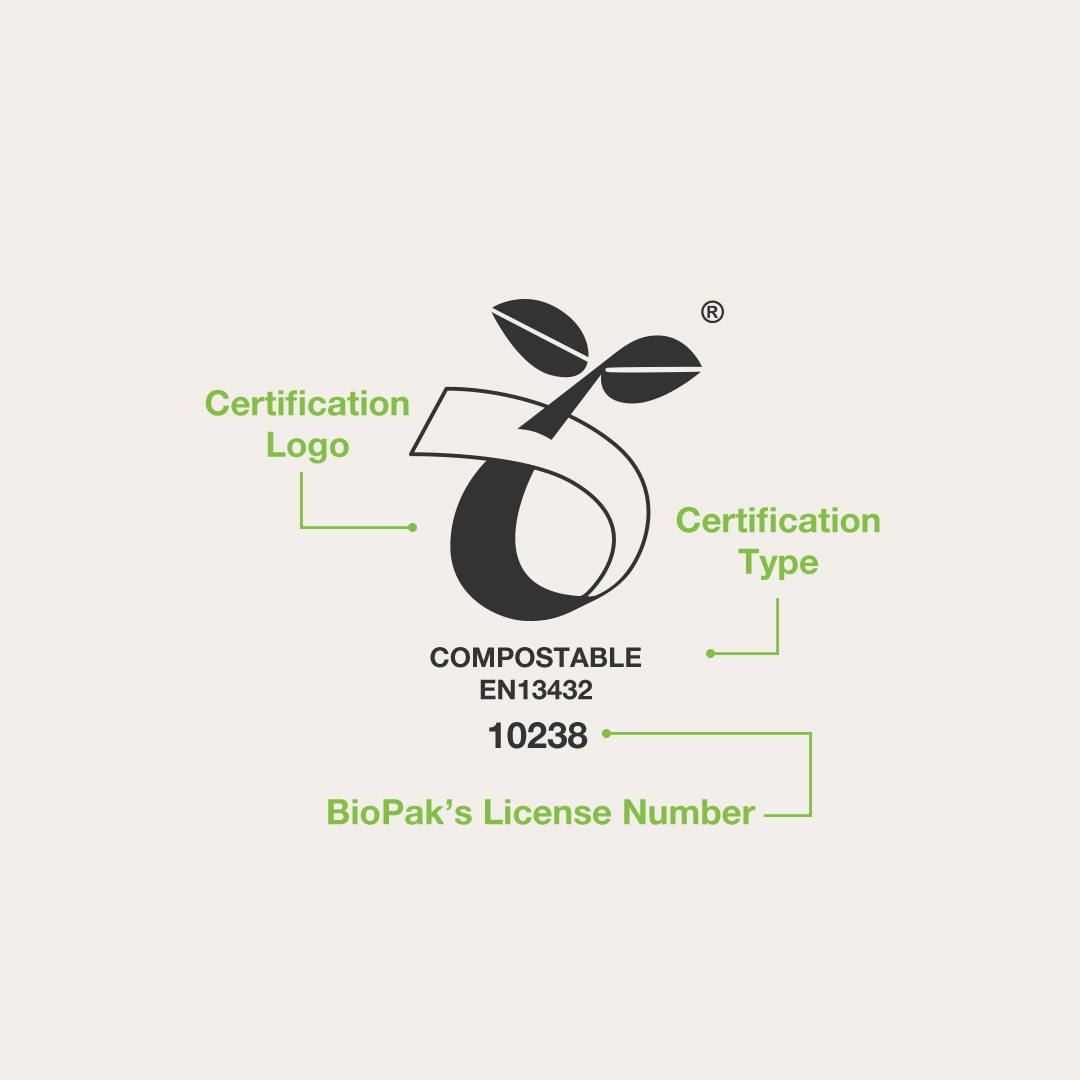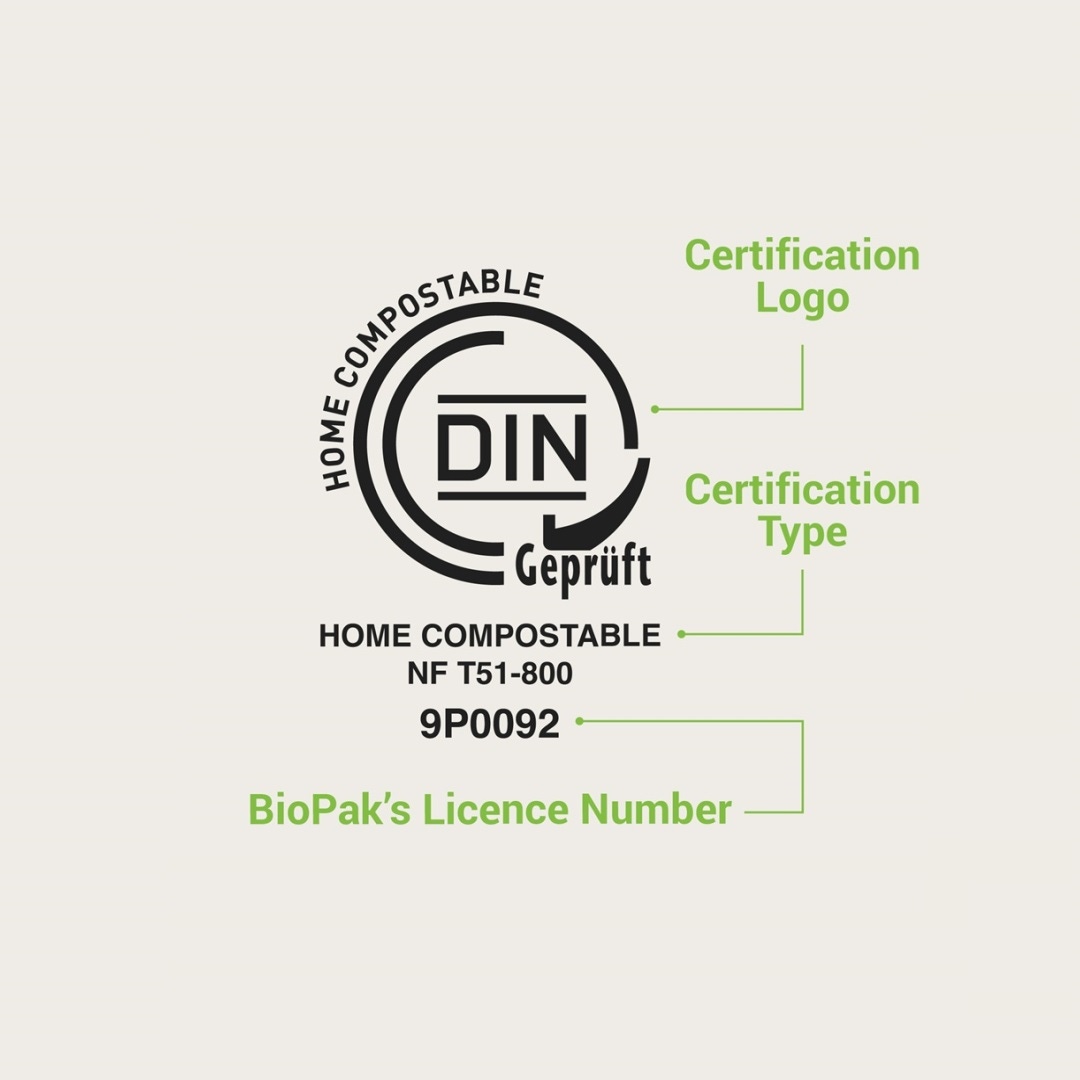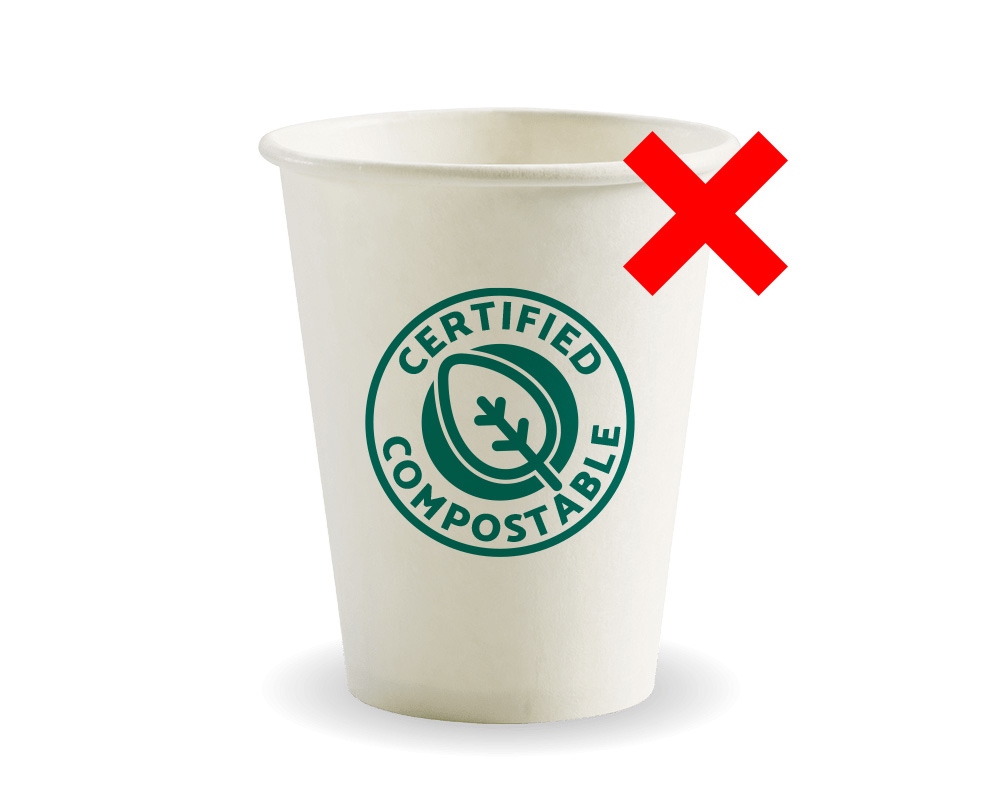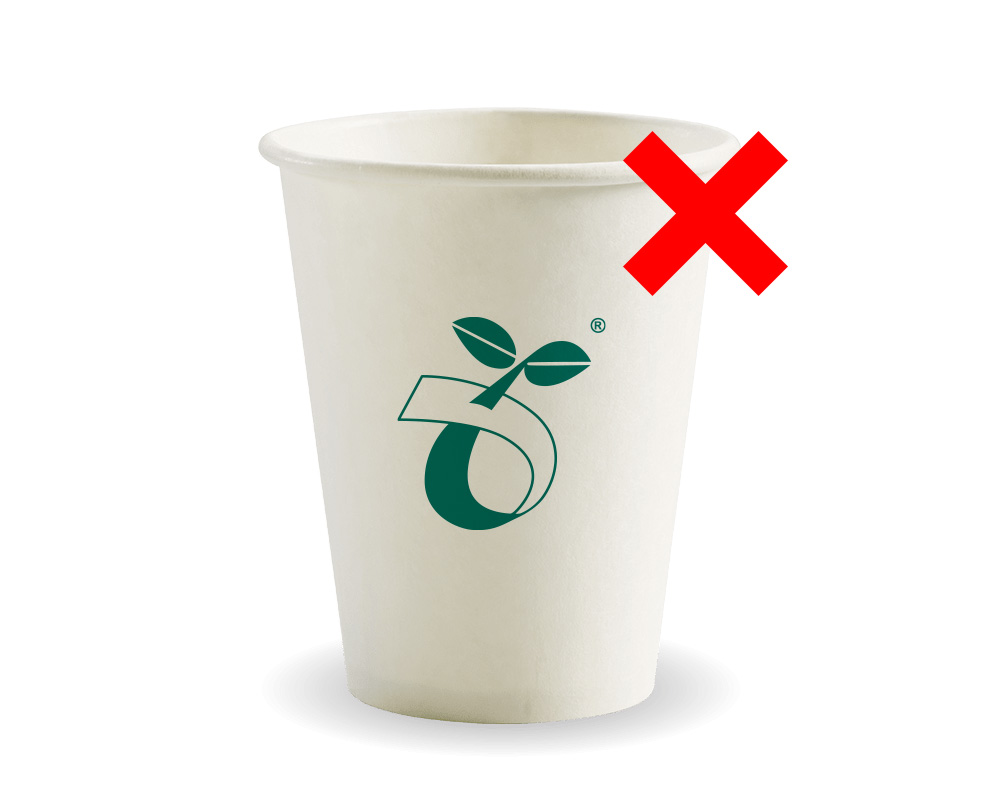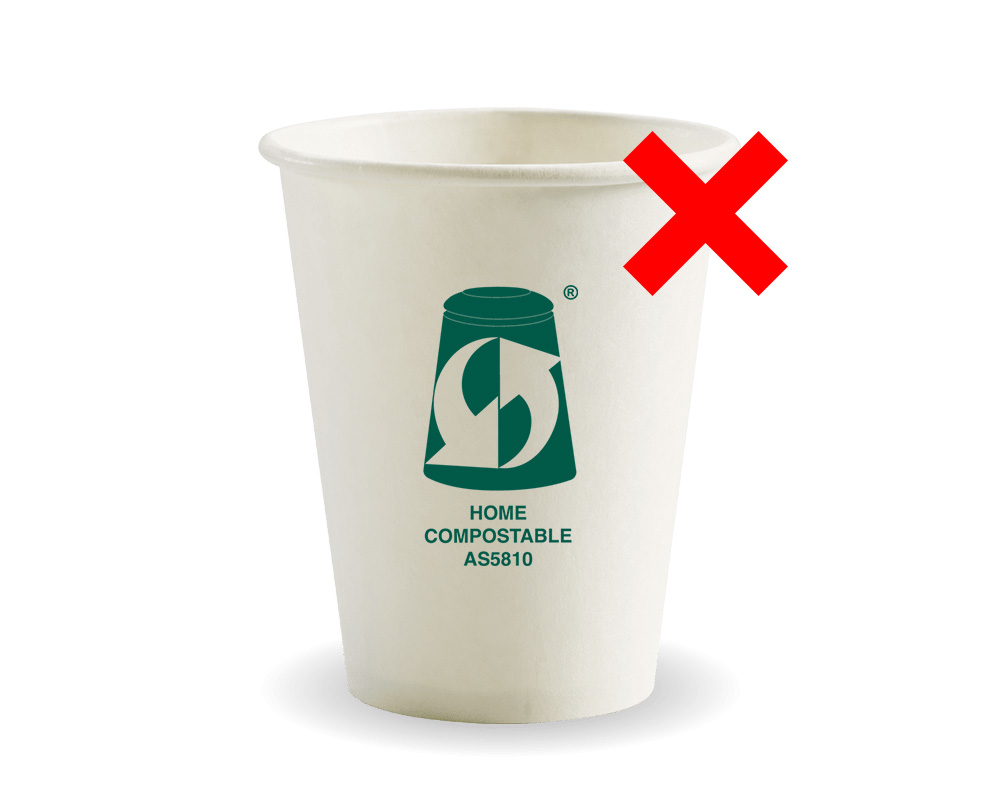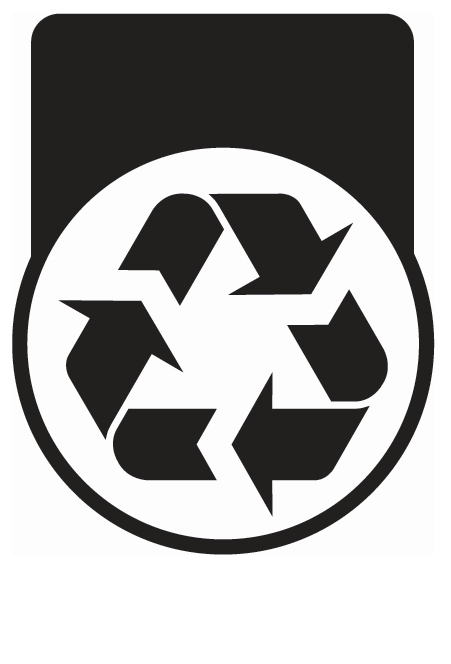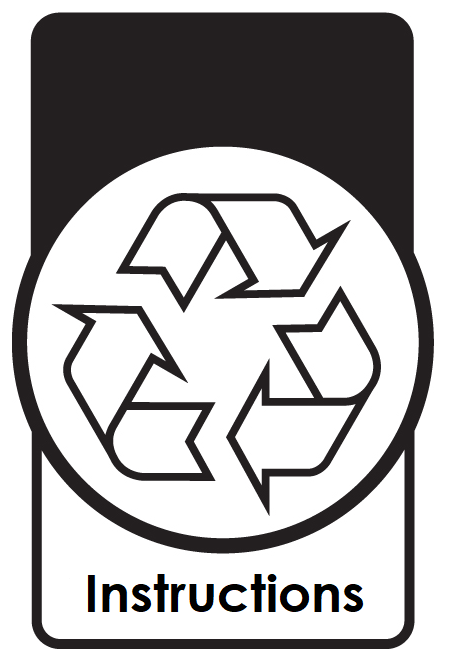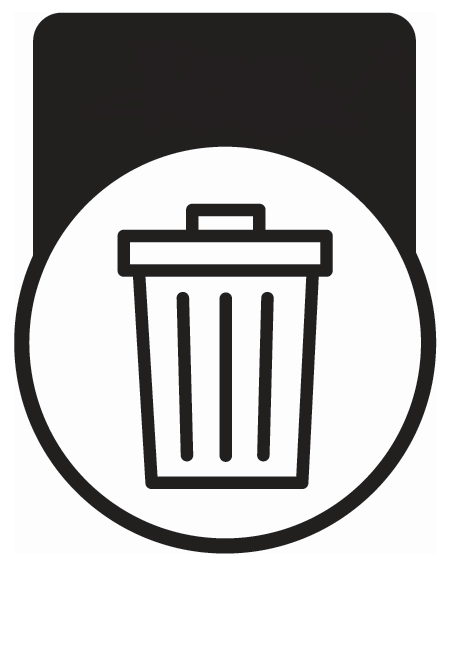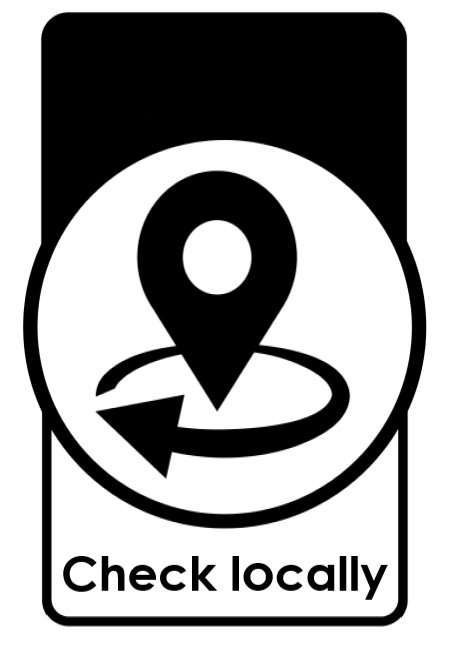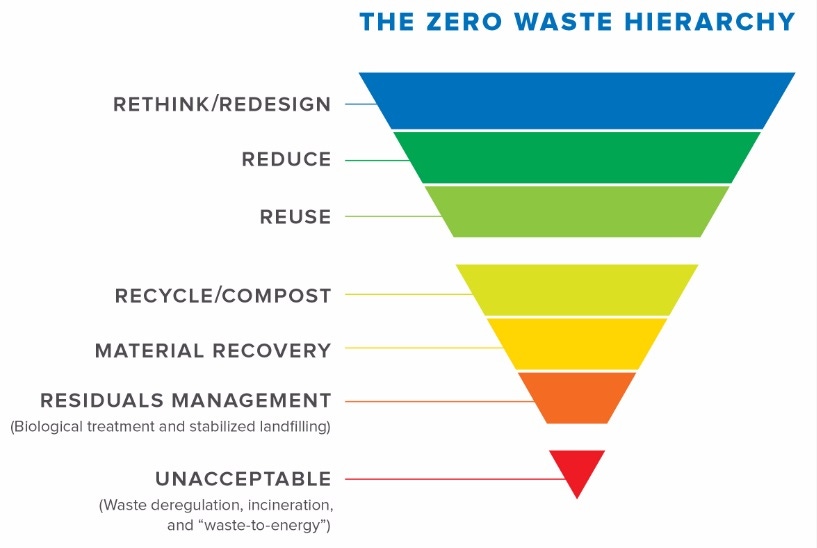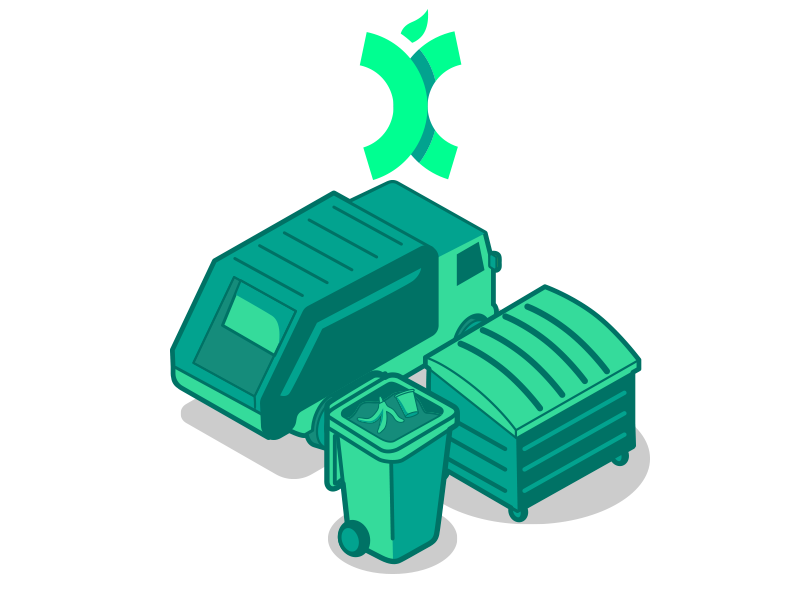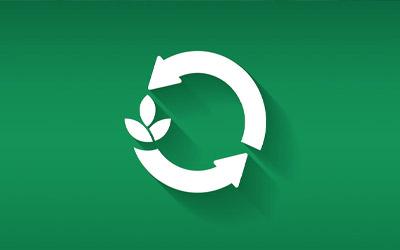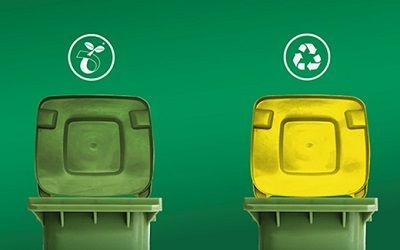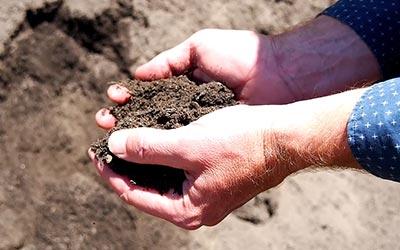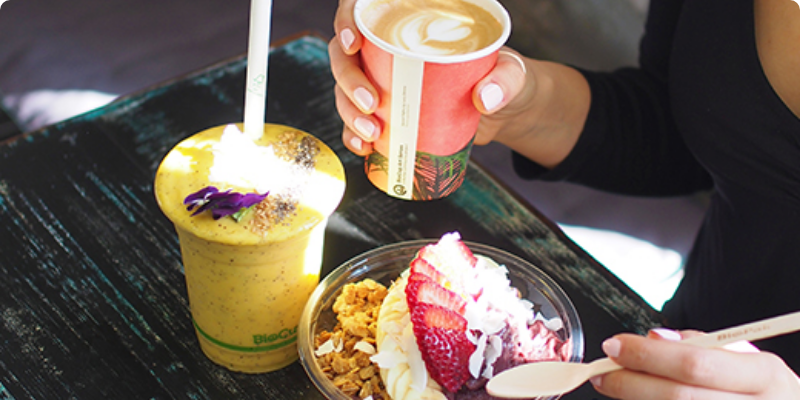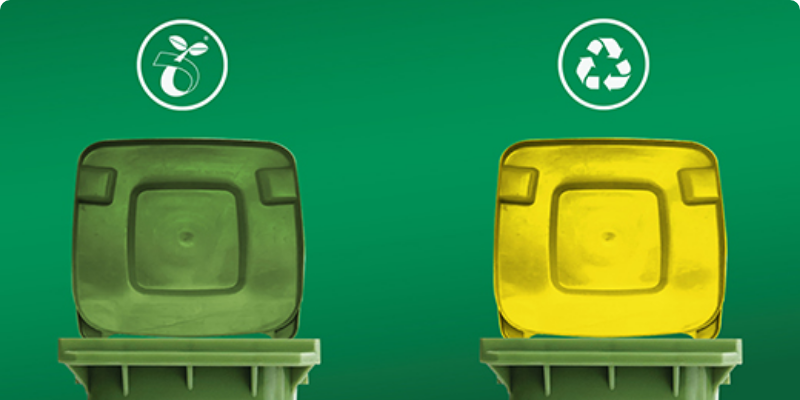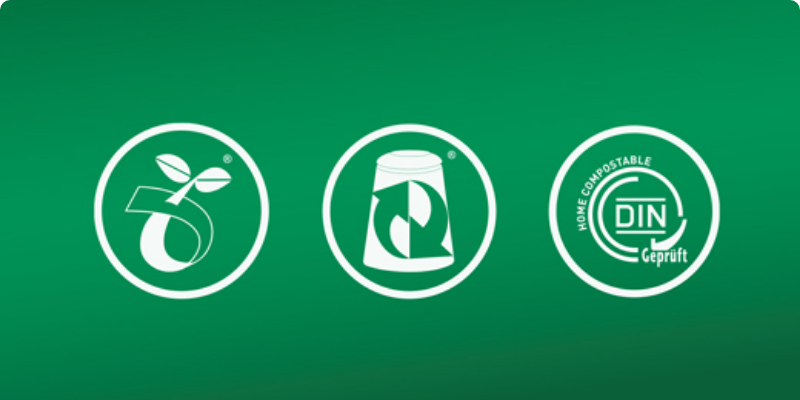We are closed on Wednesday 1st May 2024 for the Labour Day Public Holiday, and no deliveries will be made.
Last delivery date: Tuesday 30th April 2024
For deliveries on Tuesday 30th April 2024, orders must be submitted/received before 2pm on Monday 29th April 2024.
For all orders submitted after 2pm on Monday 29th April and before 2pm on Tuesday 30th April, deliveries will be on Thursday 2nd May 2024.
For all orders received after 2pm on 30th April, deliveries will be from 3rd May 2024 onwards.
We will resume operations on Thursday 2nd May 2024 for order taking.






















